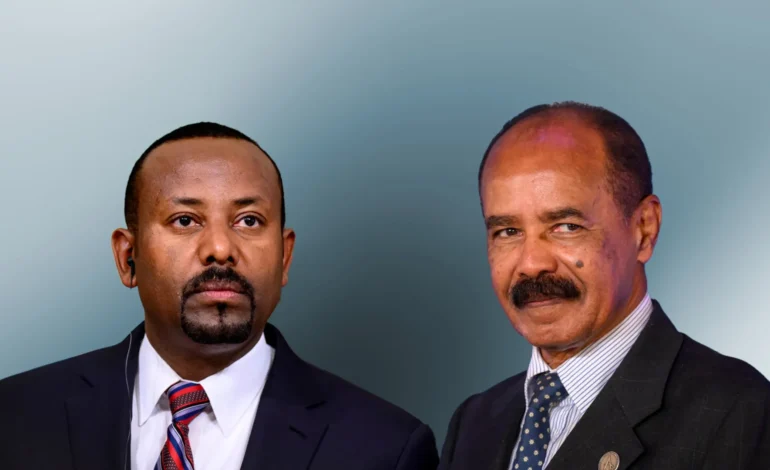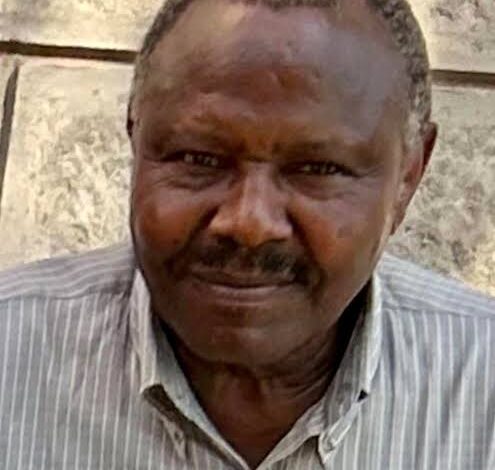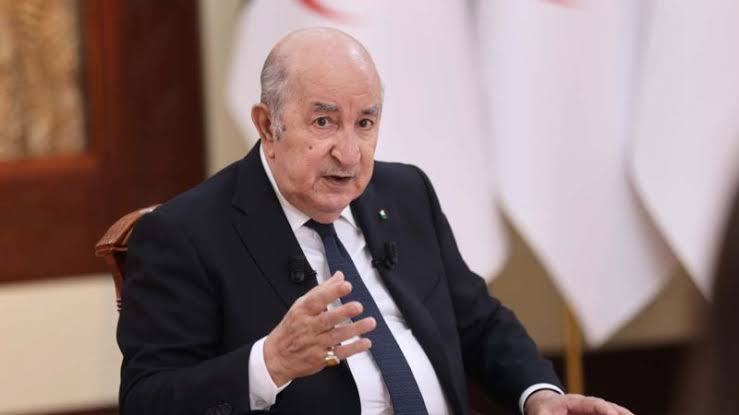
Faith Nyasuguta
Algeria’s President Abdelmadjid Tebboune has stepped forward with an offer to mediate the unfolding conflict in Mali – but with a decisive caveat: no foreign mercenaries along the two nations’ shared 1,400 km border.
Speaking Friday to Algeria’s national press, Tebboune signaled his readiness to help broker peace between Mali’s military junta, based in Bamako, and the rebel Coordination of Azawad Movements (CMA) coalition – comprised of Tuareg independents and Arab nationalists. He emphasized that Algeria would only get involved “if Mali makes an official request.”
However, he drew a firm line regarding the presence of private military forces. “We will not accept mercenaries stationed on our border,” he stated, a clear reference to Wagner Group’s successor, the Russian Africa Corps, now active in northern Mali.
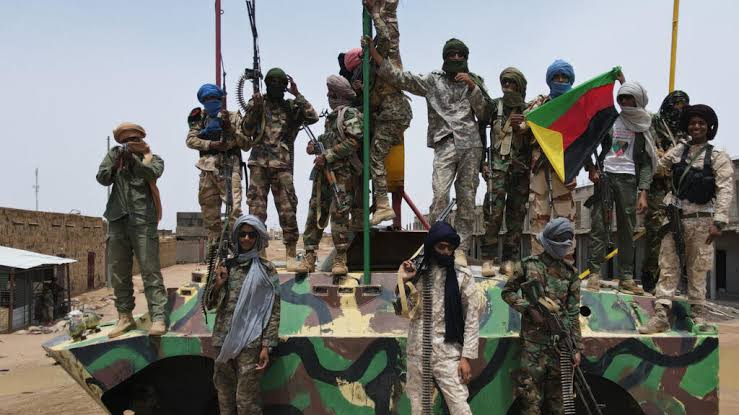
This stance emerges amid mounting regional tension. Mali’s military government canceled a UN-backed 2015 peace agreement last year after fighting flared between the CMA and government forces, the latter supported on-stage by Wagner-linked militants. The junta accused Algerian mediators of harboring rebels after clashes near the border and even summoned Algeria’s ambassador over alleged interference. The departure of UN peacekeepers (MINUSMA) in 2023 created a security vacuum that Mali sought to fill with Russia-backed forces.
Algeria’s concerns run deep. President Tebboune, who reauthorized military deployment abroad in 2023, is weighing the security implications of a potential Tuareg uprising spilling into Algeria. The specter of authoritarian Tuareg autonomy potentially galvanizing Algeria’s own Tuareg minority prompted Almeter’s active diplomacy. As a historic mediator – having brokered the 2006 and 2015 Algiers Accords – Algeria remains invested in a negotiated political resolution.
Yet the rise of Wagner-style paramilitaries in Mali introduces a dilemma. Ankara, according to Africa Intelligence, is already playing an intermediary role between Bamako and Algiers. While Algeria has admonished the UN Security Council over ‘mercenary activities’ and drone strikes near its border– citing civilian casualties – Mali contends Algeria is complicit with rebel groups, planting seeds for further diplomatic escalation.
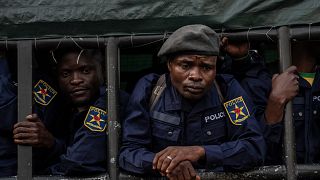
Meanwhile, Mali continues ground offensives. Last autumn, Wagner-backed Malian forces recaptured key towns in Kidal region, often amid serious civilian harm and displacement. In June 2024, joint Mali-Wagner forces reportedly committed atrocities – what Tuareg groups called ethnic cleansing – near Abeibara.
President Tebboune’s mediation offer, delivered with firm restrictions on mercenaries, aims to reassert Algeria’s regional leadership. However, without a formal request from Bamako – and with Russia’s Africa Corps on the ground – Algeria risks being drawn into deeper conflict.
The stage is now set for a diplomatic showdown: will Mali invite mediation that excludes Wagner-class forces, or will Algeria’s pressure fail to influence a junta increasingly reliant on foreign muscle? The future of Sahel stability may hinge on the answer.
RELATED:






